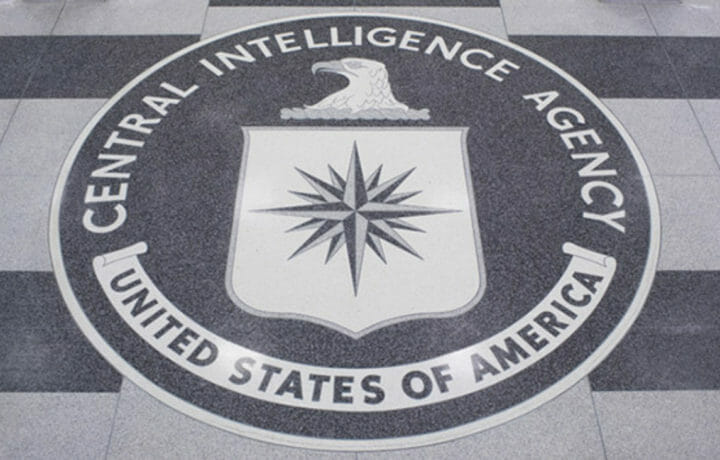Leaders need to care about their people. CIA’s first-ever Chief Wellbeing Officer, Dr. Jennifer Posa told USGIF GEOINT 2024 Symposium attendees that it makes employees feel like they can achieve anything. Dr. Posa joined the CIA in 2022 to focus on the Agency’s wellbeing strategy, and she reported that her office met almost 100% of their goals in 2023. While the wellbeing topic is wide, deep and varied, the Agency took a focused approach in order to be more effective. Wellbeing strategy for the CIA was Dr. Posa’s responsibility from day one.
The Power of Employee Wellness
Dr. Posa shared key lessons learned, emphasizing the power of employee wellness in growing high performing teams. Purpose in our work is a driver for employees everywhere. But in national security, a sense of purpose should be somewhat “baked in” with the nature of the job. Dr. Posa noted that when employees are connected to the purpose, leaders will see higher performance.
The CIA is prioritizing the wellbeing of its officers. Dr. Posa shared that it starts with recognizing the sacrifices they make and aiming to foster a supportive environment. She also said that teamwork and collaboration is important for any organization. But the Agency is working to create an atmosphere where high-performing individuals can thrive and achieve excellence in the national security workforce. That focus on officer wellbeing could be a game changer. When wellbeing is a priority, it impacts all of the decisions that leaders make, Dr. Posa shared. And it makes hiring and retaining a cleared workforce possible.
Focusing on Wellbeing to Achieve Hiring and Retention Goals
Dr. Posa called the CIA’s wellbeing focus areas their North Star. The mission is unique, but in order to hire the necessary workforce – and retain them – she said you have to be focused and have the right strategy. These are the four areas that the Agency is focusing on.
1. Work-life effectiveness.
Dr. Posa differentiated between work-life balance and work-life effectiveness. The goal is for employees to be able to change as needed to be effective. The CIA has taught leadership to be more compassionate to meet workforce needs to increase their overall effectiveness.
2. Health and wellbeing support.
The younger generation has pushed the envelope in helping leaders understand the importance of mental health and overall wellbeing. Dr. Posa pointed out that responses for mental health aren’t always clinical. While having access to practitioners is important, she noted that employers need to lean into social connections and help people be heard. Loneliness is a major issue for employers to keep their eye on.
3. Workplace flexibility.
Dr. Posa called out the need for policies that help employees use their work time to meet their overall goals. It often takes policy to bring about daily life changes for employees and help them be healthier.
4. Organizational support.
The employee environment, along with their learning and development, are key factors that impact the workday. Dr. Posa shared that if you want employees to be in the office, the environment needs to support their overall wellbeing needs. Everything from lighting to noise to community options can help achieve higher performance.
The Power of High Performers in National Security
National security requires high performers who want to stay in the workforce – and not take their unique skillsets elsewhere. Dr. Posa shared that we need to empower employees to grow and build their own wellbeing – it puts them in the drivers seat.




